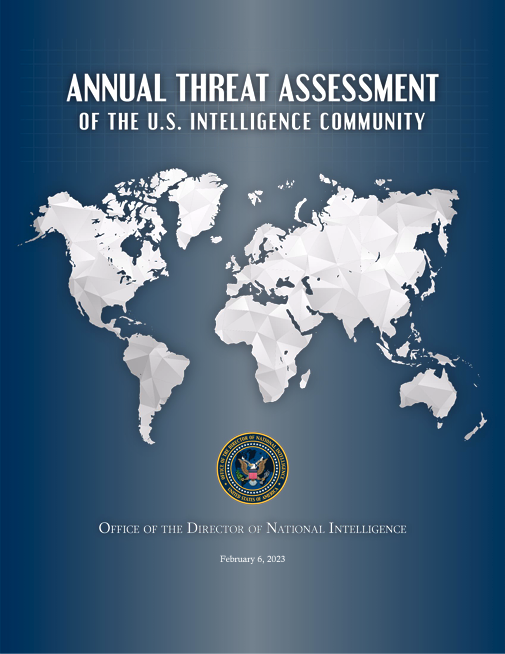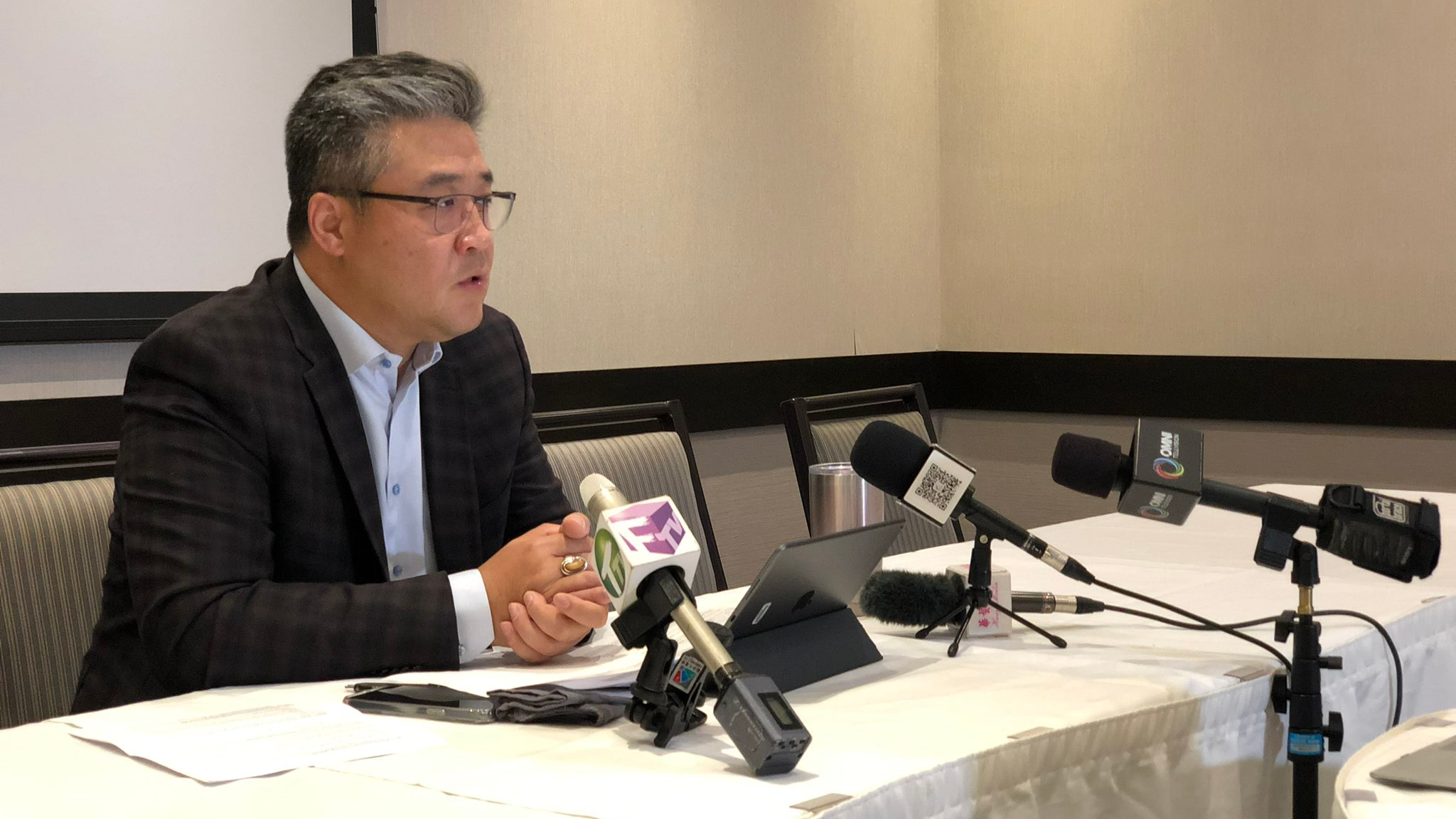A former director general of Canada’s foreign affairs department says the recent leak of intelligence involving alleged Chinese tampering reminded him of tactics used by the Soviet Union’s KGB.
Artur Wilczynski, who served as a director general for the Foreign Affairs Department from 2010 to 2014 working on international security, said Soviet agents would leak information to media and other countries to shape public perception of individuals and institutions that they did not like.
Leakers working in the Canadian government behaved in the same anti-democratic way just because they were unhappy about how national security policies are being implemented, Wilczynski said.
“That is narcissistic. That is dangerous,” he told Humber News. “That runs specifically counter to their role in the government, and is not in my opinion whistleblowing.”
Leaked intelligence has been central to media reports about alleged foreign interference from China. The most recent allegations came from a Global News report on March 22 against MP Han Dong.
Please see my statement below. pic.twitter.com/7NgcDKSaXy
— Han Dong (@handongontario) March 27, 2023
Dong resigned from the Liberal caucus after the report was published, but said in a statement on March 27 he is suing Global News and its owner Corus Entertainment.
“I can look at myself in the mirror and know, with full certainty, that I have the truth on my side,” he said. “My anonymous false accusers and their enablers cannot say the same.”
Wilczynski said while there is nothing wrong with journalists seeking maximum transparency, caution has been missing from public discussion about the leaked intelligence.
“They think that just because there’s intelligence, it’s 100 per cent true,” he said.
Wilczynski said taking intelligence at face value, without realizing such information needs to be assessed, analyzed, critiqued and put into context, can paint a distorted picture.
It risks reaching a verdict on an accused individual too early and without due process, he said.
Wilczynski said the leak of intelligence also puts sources at risk, particularly those from immigrant communities.
Some sources now need to worry about harassment and intimidation from hostile foreign actors, and even their families still living in their home countries, he said.
Wilczynski said this broke the trust between the sources and the intelligence community.
“Why would they talk to members of the national security community who aren’t able to keep that information secret,” he said.
Wilczynski also said he is worried about ongoing discussion becoming targeted at specific individuals or communities, but not the actions of foreign interference.
“Just because I happen to be from one community or another, that doesn’t necessarily oblige me to have one particular point of view or another,” he said. “Being a member of the Chinese community and supporting the PRC [People’s Republic of China], it’s freedom of expression.”
But Wilczynski said the Canadian government can do more to foster public understanding about the threat of foreign interference and the nature of intelligence.
He said in the U.S., the Director of National Intelligence will testify before Congress and issue an annual national threat assessment.
This public assessment, although not containing classified information, outlines the challenges the U.S. intelligence community is responding to, he said.

U.S. Director of National Intelligence Avril Haines released at a congressional public hearing the annual threat assessment on Feb. 6, 2023. Photo credit: Office of the Director of National Intelligence
Wilczynski said such transparency and regular engagement do not exist in Canada.
He said a non-partisan public inquiry will be an important first step towards more regular engagement.
Such inquiry can address key questions as the role of security and intelligence communities in building resilience in Canadian democracy, Wilczynski said.
It could also examine the effects of foreign interference beyond the federal level, he said.
He also said individuals with security clearance in the inquiry can assess sensitive information, arrive at conclusions about the 2019 and 2021 federal elections, and announce their broad findings to the public.
But Wilczynski said Canadians need to be satisfied with an inquiry that does not disclose exciting details about specific individuals or institutions, because of the harm such disclosure could bring.
“And if they’re not, oh well, you can’t get everything you want for Christmas,” he said.

